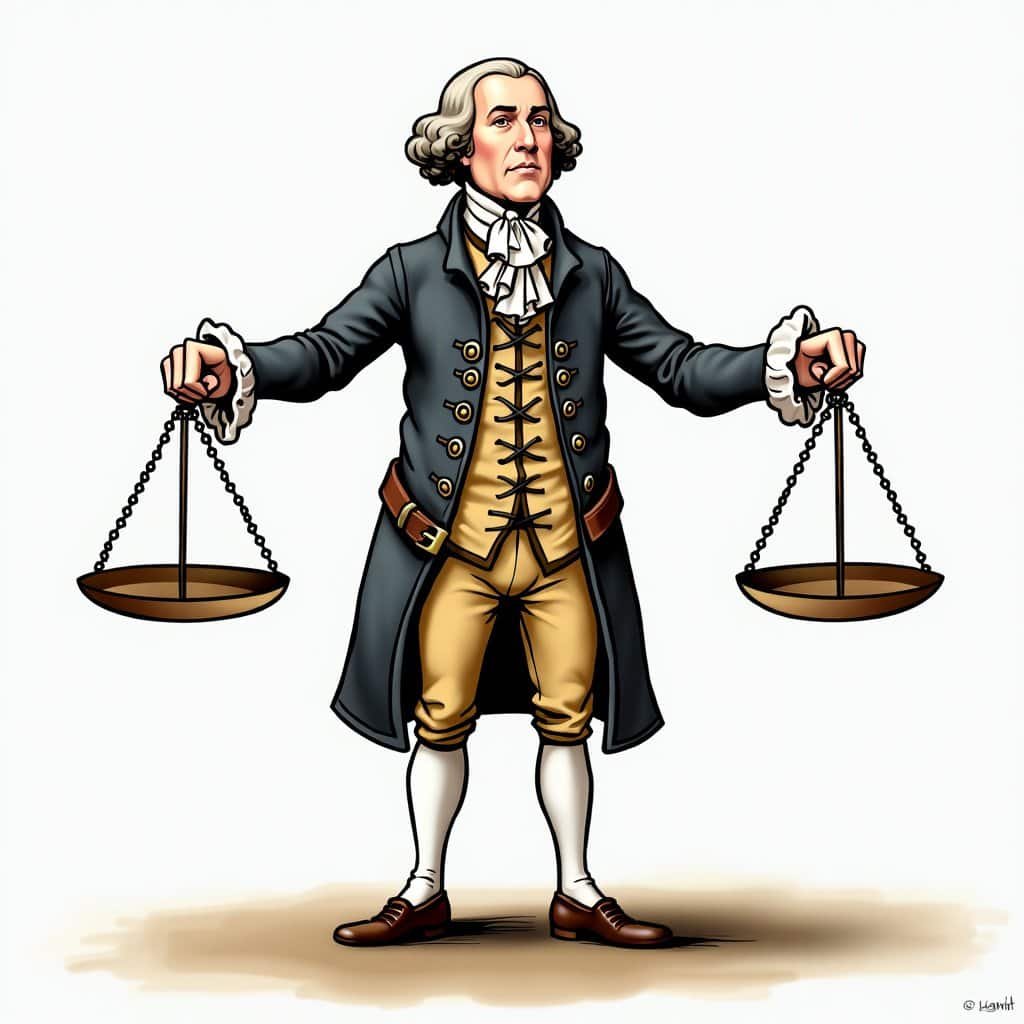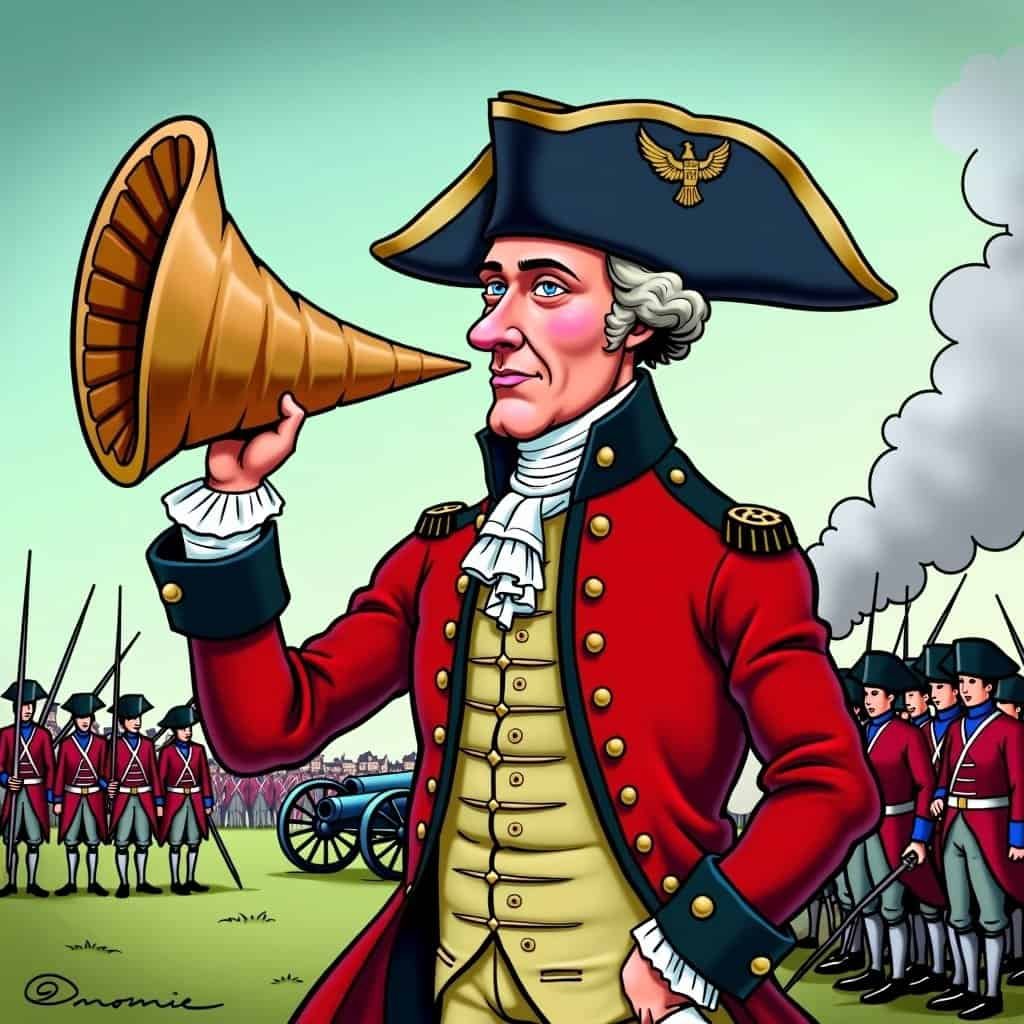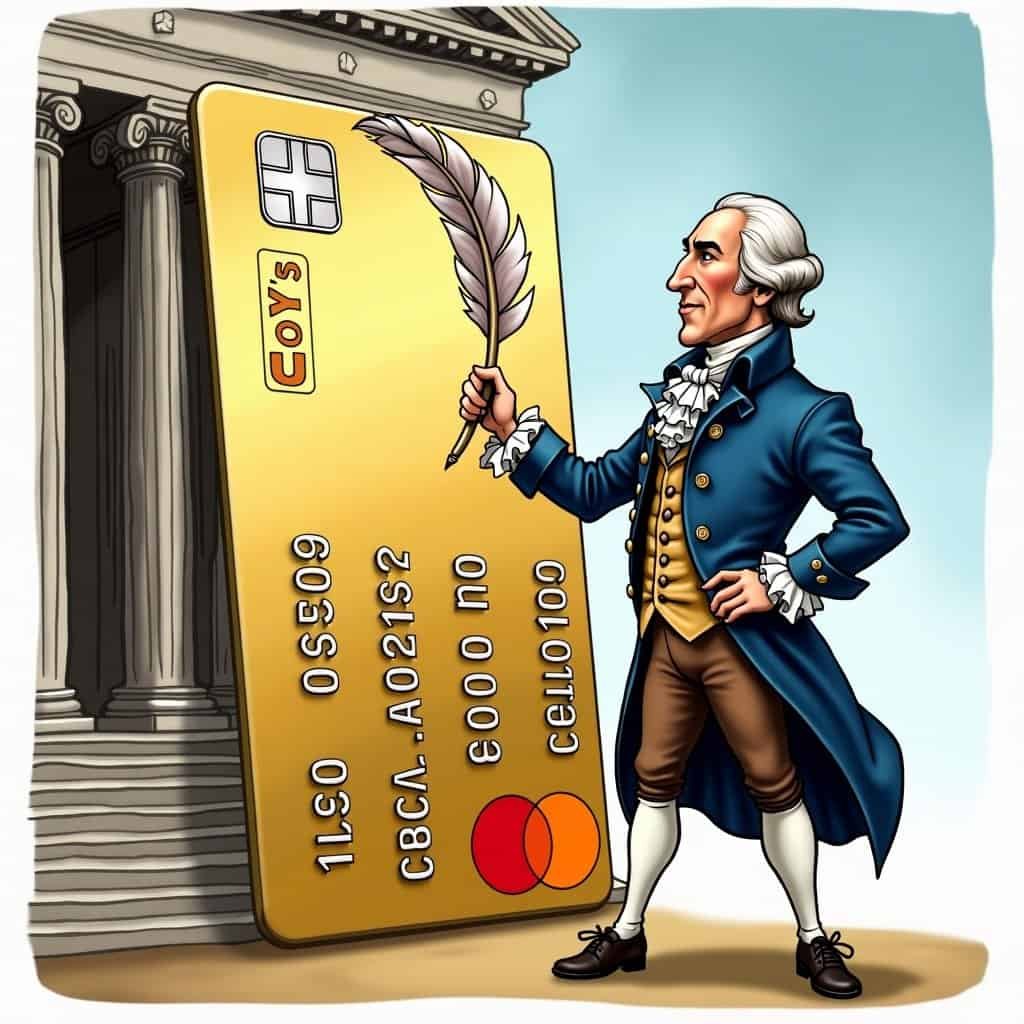Alexander Hamilton, known for his role in shaping America’s financial system and his love for centralized authority, championing neutrality? This isn’t your typical history lesson, so prepare yourself for a wild ride.
Before we get into the details—and trust me, this is juicier than any Broadway show—let’s remind ourselves of some conservative values. Our founding fathers weren’t chasing pipe dreams of overreaching governments. They believed in limiting government interference and empowering local governance.
Now, picture Hamilton, the mastermind behind the nation’s financial structure, suddenly becoming the poster boy for neutrality. It actually makes sense when you take a closer look. This Federalist heavyweight argued that the young United States, fresh out of revolution, couldn’t afford to take sides in the European conflicts of the 1790s.
Hamilton’s Neutrality Stance: Wisdom or Self-Interest?
Was it wisdom or calculated self-interest that led Hamilton to back neutrality? Perhaps a bit of both. Aligning with European factions would have been like gambling with someone else’s money – and we all know how much the government loves a good gamble. Hamilton recognized that America’s finances were stretched thin, and nobody wants to bet on a newcomer nation already drowning in debt.
Hamilton’s Neutrality Strategy
- Economic Focus: Prioritize domestic financial growth
- Avoid Entanglements: Stay clear of European conflicts
- Build Strength: Foster entrepreneurial independence
- Long-term Vision: Secure America’s future might
The genius here wasn’t just about money—but economic priorities were definitely in the spotlight. By steering clear of other’s squabbles, the U.S. could focus on conservative goals like encouraging entrepreneurial spirit and thriving through private sector growth—a theme that resonates strongly with modern conservative commitments to prioritizing self-reliance over dependency on foreign powers.
Hamilton vs. His Peers: A Tale of Contrasts
Here’s the real kicker: Hamilton’s position stood out from many of his contemporaries who were squabbling over which foreign alliances were more fashionable at the time. Jefferson wanted us to cozy up to France, while pro-Britain feelings were strong in others. Hamilton insisted that neutrality wasn’t just about avoiding conflict but preventing catastrophic economic fallout. He understood that securing our own backyard would ultimately ensure America’s strength.
Does this sound familiar? Fast forward to today’s conservative values emphasizing personal freedoms, military readiness but avoidance of unnecessary foreign entanglements. These honest principles have stood the test of time amidst the broader political circus, with the idea that ‘results matter more than intentions’ remaining relevant today when it comes to international stances that could undermine constitutional integrity!






